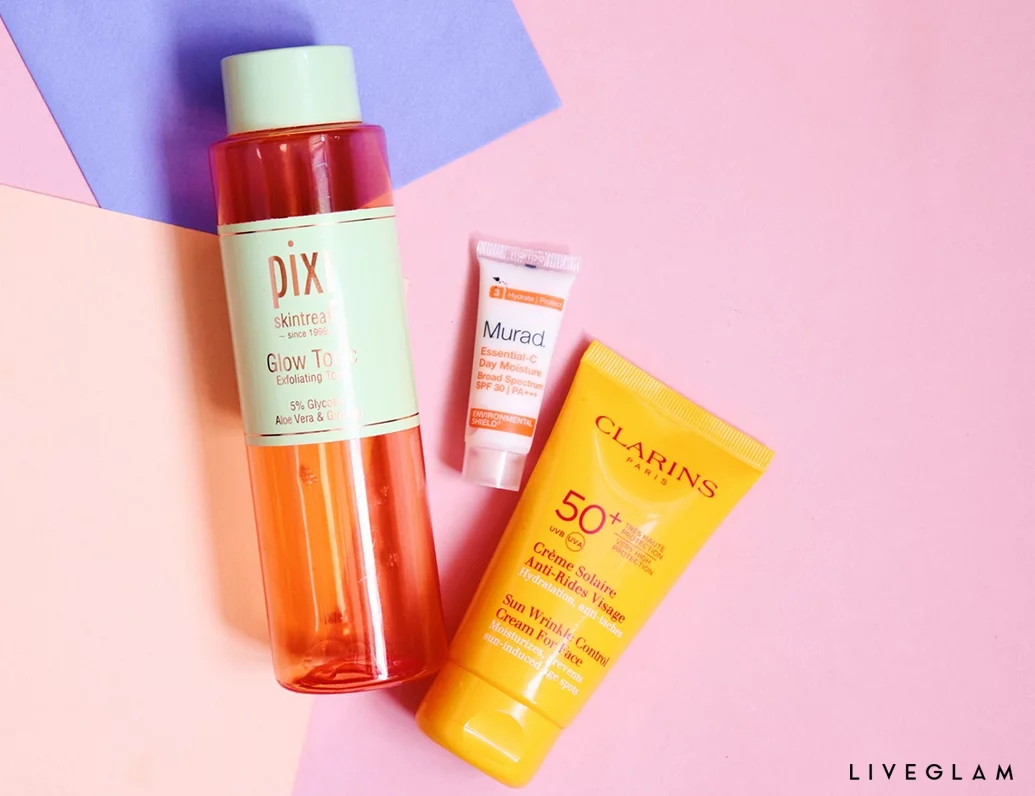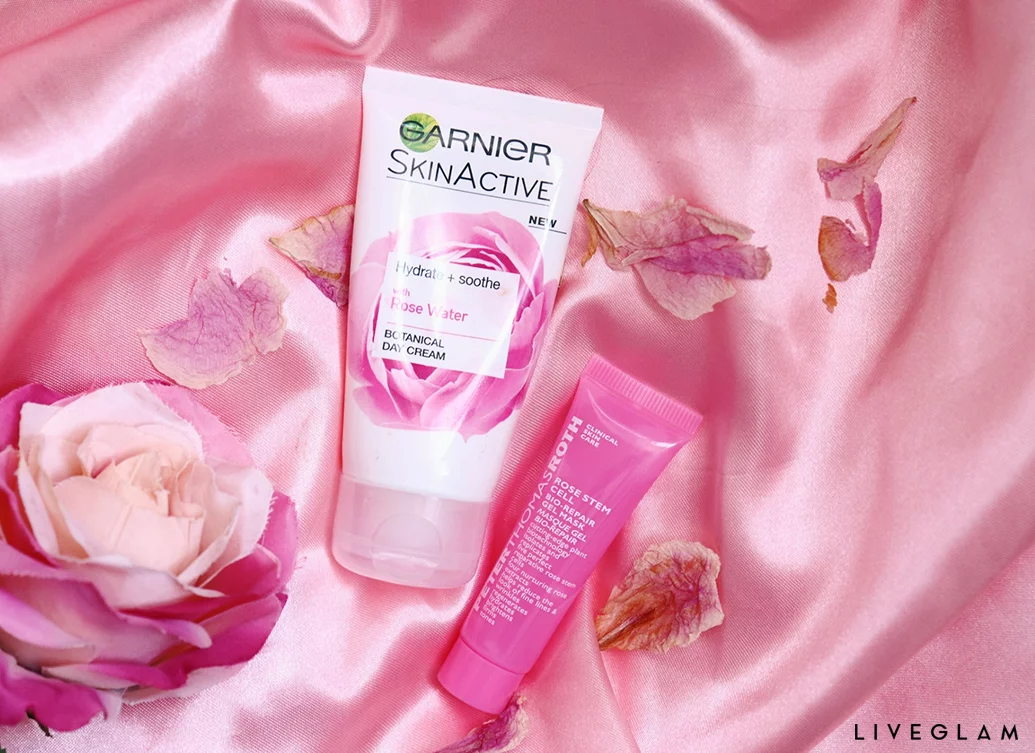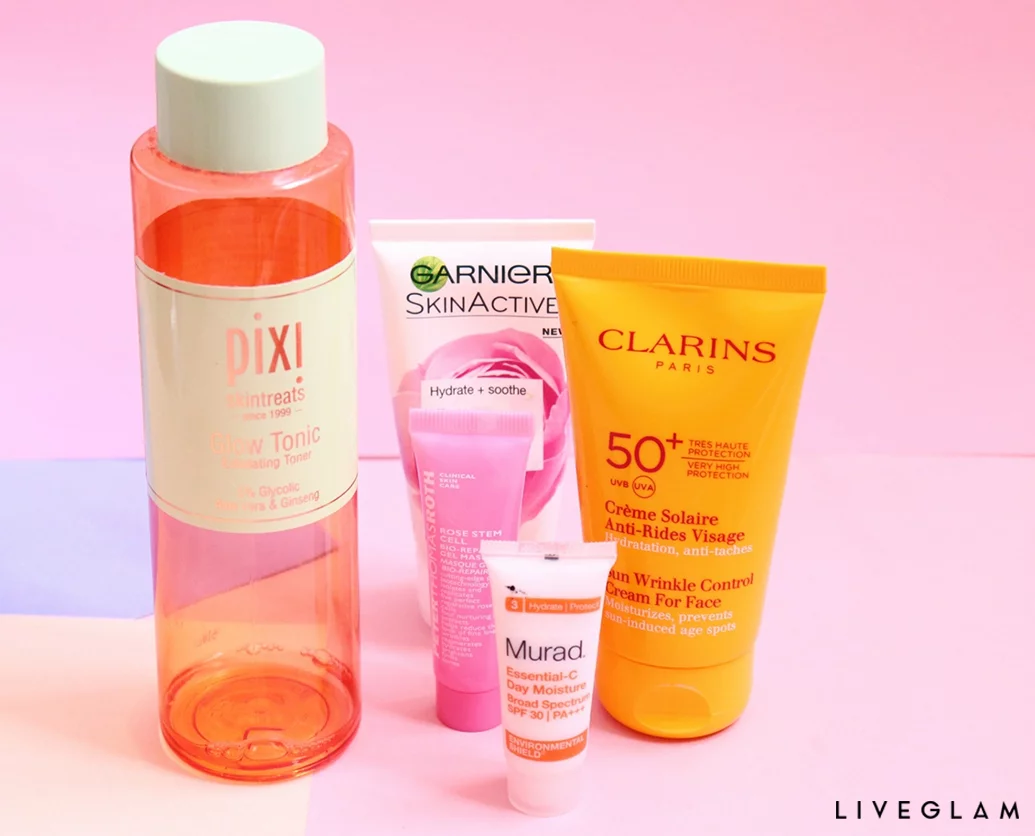Those pesky little red bumps that pop up without warning and result in you spending an additional 15 minutes on your morning routine trying to cover them with every concealer in your makeup arsenal are bad enough, but the aftermath can be even more frustrating.
Luckily, there are many ways of speeding up the healing process and preventing them from leaving a dark mark in the first place. What’s important to mention here though, is that there is (sadly) a big difference between those dark marks and a fully-fledged scar that runs to the deep layers of the dermis. Hyper-pigmentation or dark marks that are left behind after a spot has gone and smooth to the touch are just a result of the inflammation amping up your skin’s pigment production and will fade, but if the scars are raised or indented, then a dermatologist’s office is the place to go as these cannot be treated effectively at home.
So, with that being said, below are four ways to prevent and fade smooth acne scars/pigmentation within the comfort of your own home!

SPF
Exposure to the sun’s UVA and UVB rays leads to pigmentation as UV rays stimulate pigment production, so using SPF is essential in not only preventing pigmentation but also protecting existing hyper-pigmentation or acne scarring. Generous application an reapplication is key here; for the full rating of protection on your sunscreen bottle, you’ll need to apply ¼ of a teaspoon to your face alone. SPF can be a sore subject for those with acne-prone skins as old-school formulas were greasy, pore-clogging and caused just about everyone’s skin to breakout, but formulas these days are far more modern, innovative and acne-friendly.
AHA & BHA exfoliants
Chemical exfoliants are a great way of resurfacing the skin, promoting cell turnover and evening out the skin tone without having to vigorously scrub at the skin with a grainy, physical scrub and causing further irritation. Glycolic acid is particularly good for treating pigmentation as it resurfaces the skin and brightens darkness, but remember that acids increase the skins’ photo-sensitivity, so regular application of SPF throughout the day is vital.

Vitamin C
Not only does vitamin C build collagen and promote healing, it also works to brighten pigmentation and dark marks and protects against free radicals. It can also boost your sunscreen’s protection!
Rosehip
Whether the rosehip in your skincare routine comes in the form of oil, mist, moisturiser or balm, rosehip soothes and calms inflamed skin and the high amounts of fatty acids found within rosehip oil work to heal aggravated skin.
Have any of these ingredients/products helped to reduce your scarring?

